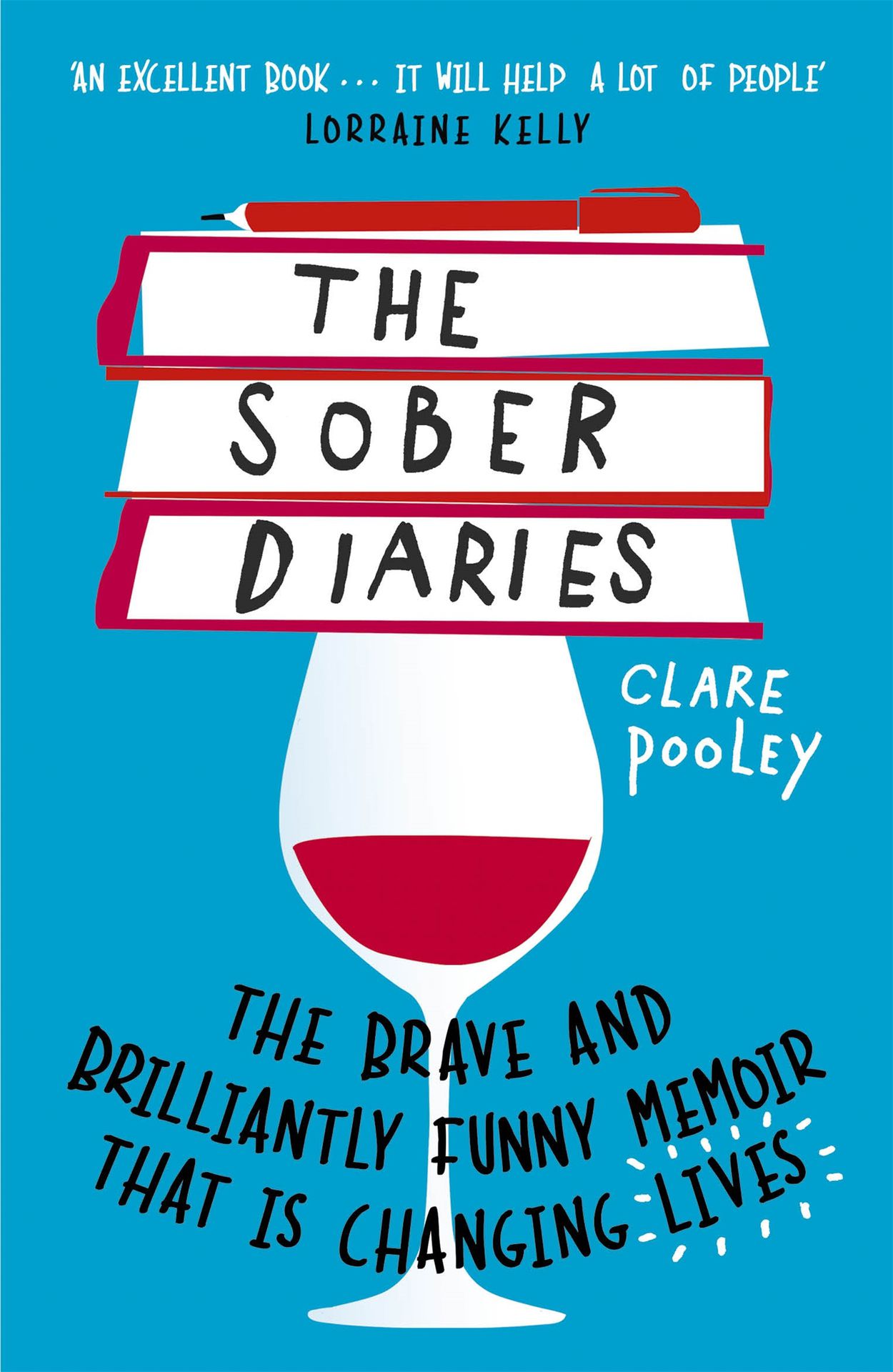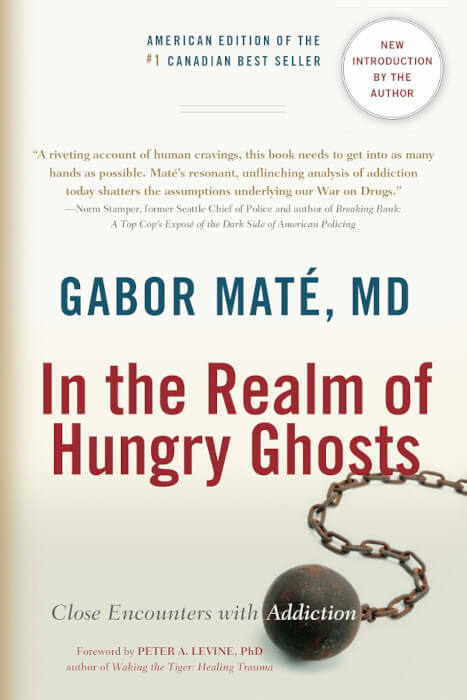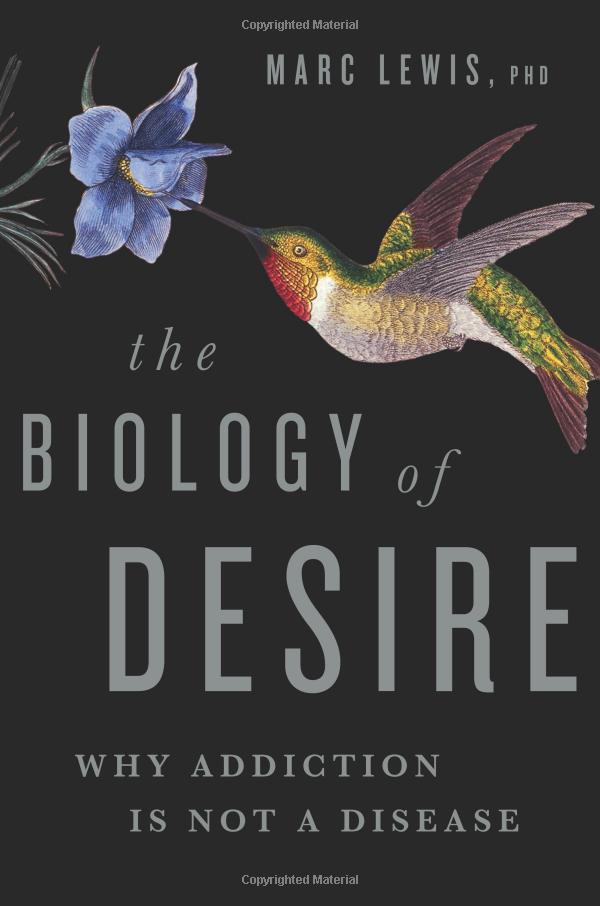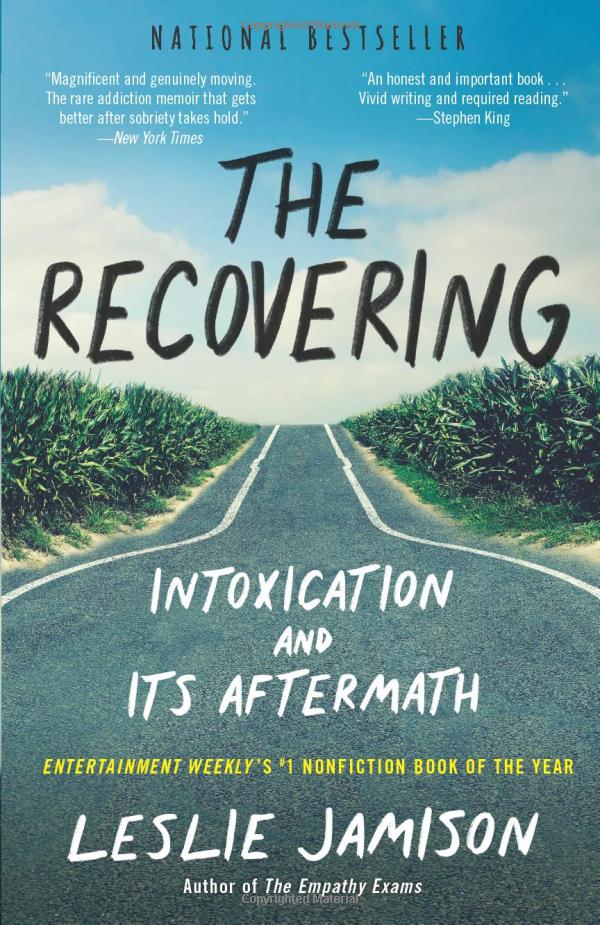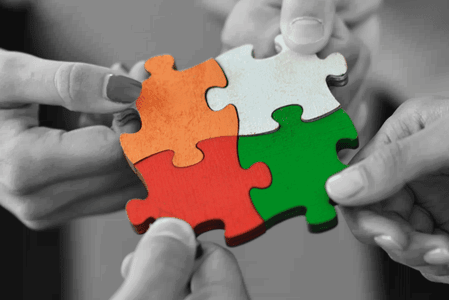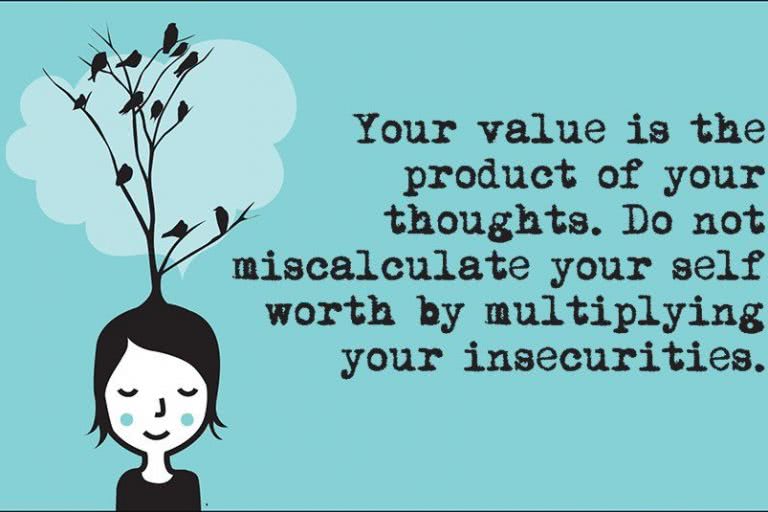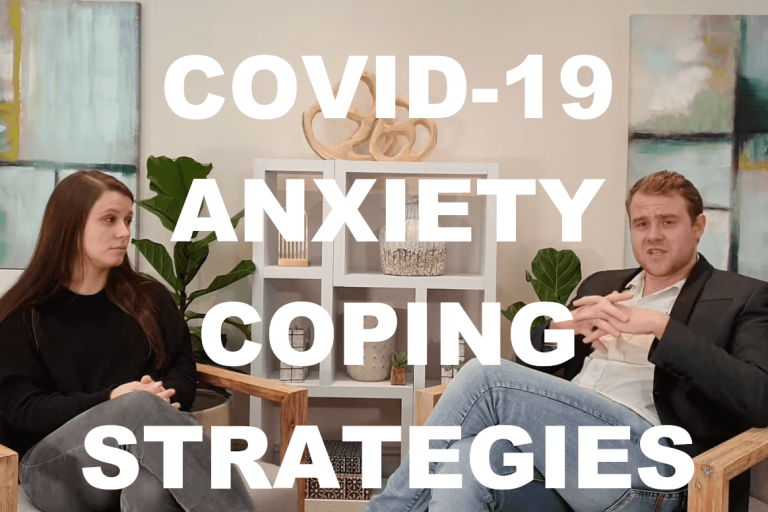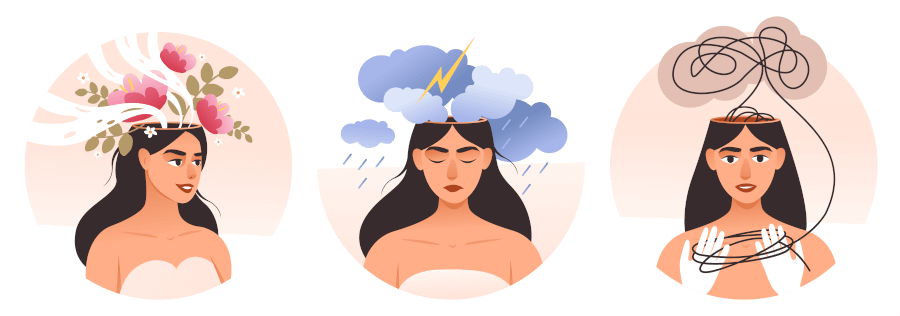
There are things that addiction is and things that addiction is not. This post aims to debunk the myths and misconceptions that we have come to believe about addiction and set the record straight. Once we have an accurate understanding of the nature of addiction we can go about treating it in the right way.
Unfortunately, there are numerous misconceptions about addiction and addiction recovery that can deter people from seeking help and impede their recovery journey. As someone who has firsthand experience with addiction and addiction recovery, I want to address some of these myths in a positive and uplifting way to assist others on their recovery journey.
Misconception #1: Addiction is a choice.
One of the most common misconceptions about addiction is that it is something that can be avoided. People frequently believe that those who struggle with addiction lack willpower or moral compass. Addiction, on the other hand, is a complex disorder that can be caused by a variety of factors, including genetic, environmental, and psychological factors. No one chooses to become addicted, and it is critical to recognise that addiction is not a choice.
Misconception #2: Addiction affects only certain people.
Another common misconception about addiction is that it only affects certain types of people, such as those with low incomes or a history of criminal behaviour. Addiction, on the other hand, can affect anyone, regardless of their background or socioeconomic status. Addiction does not discriminate, and it is critical to understand that anyone can suffer from it.
Misconception #3: Addiction treatment is a one-size-fits-all solution.
Another common misunderstanding about addiction recovery is that it is a one-size-fits-all solution. However, addiction recovery is a highly individual process that necessitates a tailored approach. What works for one person might not work for the next. It is critical to find a treatment plan that works for you and your specific requirements.
Misconception #4: Addiction recovery is a quick fix.
Some people believe that addiction recovery is a quick fix, and that after treatment, an individual will be “cured” of their addiction. Addiction recovery, on the other hand, is a lifelong process that necessitates ongoing support and dedication. Addiction is a chronic disorder that can be managed, but it cannot be cured overnight.
Misconception #5: Recovery from addiction is a solitary process.
A common misconception about addiction recovery is that it is a solitary process. However, recovery is a collaborative effort that necessitates the assistance of friends, family, and mental health professionals. Building a support network is critical for long-term recovery, as is asking for help when you need it.
Misconception #6: Relapse is synonymous with failure.
Many people believe that relapse during addiction recovery is a failure and that the person is back where they started. Relapse, on the other hand, is a common part of the recovery process and does not imply that the person has failed. It is critical to recognise that addiction is a chronic disorder that must be managed on an ongoing basis, and that relapse can be an opportunity for learning and growth.
Misconception #7: Addiction recovery entails only abstinence.
Another common misconception about addiction recovery is that it necessitates complete abstinence from all addictive substances or behaviours. However, harm reduction strategies may be a better option for some people. Harm reduction, rather than total abstinence, focuses on reducing the negative consequences of substance use or addictive behaviours.
Myth #8: Addiction is a moral failing.
Addiction is still widely perceived as a moral failing or a sign of weakness by many people. Addiction, on the other hand, is a medical condition that necessitates professional treatment and support. It is critical to recognise that addiction is not a character flaw or a result of a lack of willpower, but rather a complex disorder that necessitates a multifaceted approach to recovery.
Myth #9: Addiction recovery is only for the most severe cases.
Some people believe that addiction recovery is only necessary in severe cases, and that those with mild or moderate addiction do not require treatment. Addiction, on the other hand, is a spectrum disorder, and even minor cases can benefit from professional treatment and support. Seeking help at an early stage can help prevent the addiction from progressing to a more severe stage.
Misconception #10: It is impossible to have fun in recovery.
Some people believe that recovering from addiction entails giving up all of life’s pleasures, such as going out with friends or having a drink at dinner. However, recovery is about discovering new ways to enjoy life without the negative consequences of addiction. Recovery can open up a world of new possibilities, and many people discover that they have more fun in recovery than they did while using.
Myth #11: You must reach rock bottom before seeking help.
Many people believe that a person suffering from addiction must reach rock bottom before seeking help. This, however, is not the case. Seeking help early on can help prevent addiction from worsening and improve recovery outcomes.
Misconception #12: Only abstinence-based programmes work.
Many people believe that only abstinence-based addiction recovery programmes are effective. However, there are numerous approaches to addiction treatment available, and what works for one person may not work for another. Finding a treatment programme that is tailored to the individual’s needs and preferences is critical.
Misconception #13: It is impossible to become addicted to prescription drugs.
Some people believe that prescription drugs are not dangerous and cannot be addictive. Prescription drugs, on the other hand, can be just as addictive as illegal drugs, and many people become addicted to opioids or benzodiazepines after being prescribed them by a doctor.
Misconception #14: Addiction only affects the individual.
Many people believe that addiction only affects the person who is addicted. Addiction, on the other hand, can have a significant impact on a person’s family, friends, and community. Because addiction is a family disease, it is critical to include loved ones in the recovery process.
Misconception #15: Addiction is an incurable disease.
Some people believe that addiction is a hopeless condition from which there is no way out. However, with professional treatment and support, many addicts are able to achieve and maintain long-term recovery.
Misconception #16: Recovery from addiction is a sign of weakness.
Some people believe that seeking addiction recovery help is a sign of weakness or failure. Seeking addiction treatment, on the other hand, is a brave and courageous step towards a healthier and happier life.
Misconception #17: Addiction recovery entails relinquishing one’s identity.
Many people believe that recovering from addiction entails giving up their identity or who they are as a person. However, recovery is about developing a new sense of self and discovering who you are apart from the negative effects of addiction.
We hope you find this helpful and would love you to spread the word about the misconceptions of addiction by sharing this story to your facebook page. If you are interested in more topics about dealing with addiction and trauma-based therapy models you may view the recovery series here.



